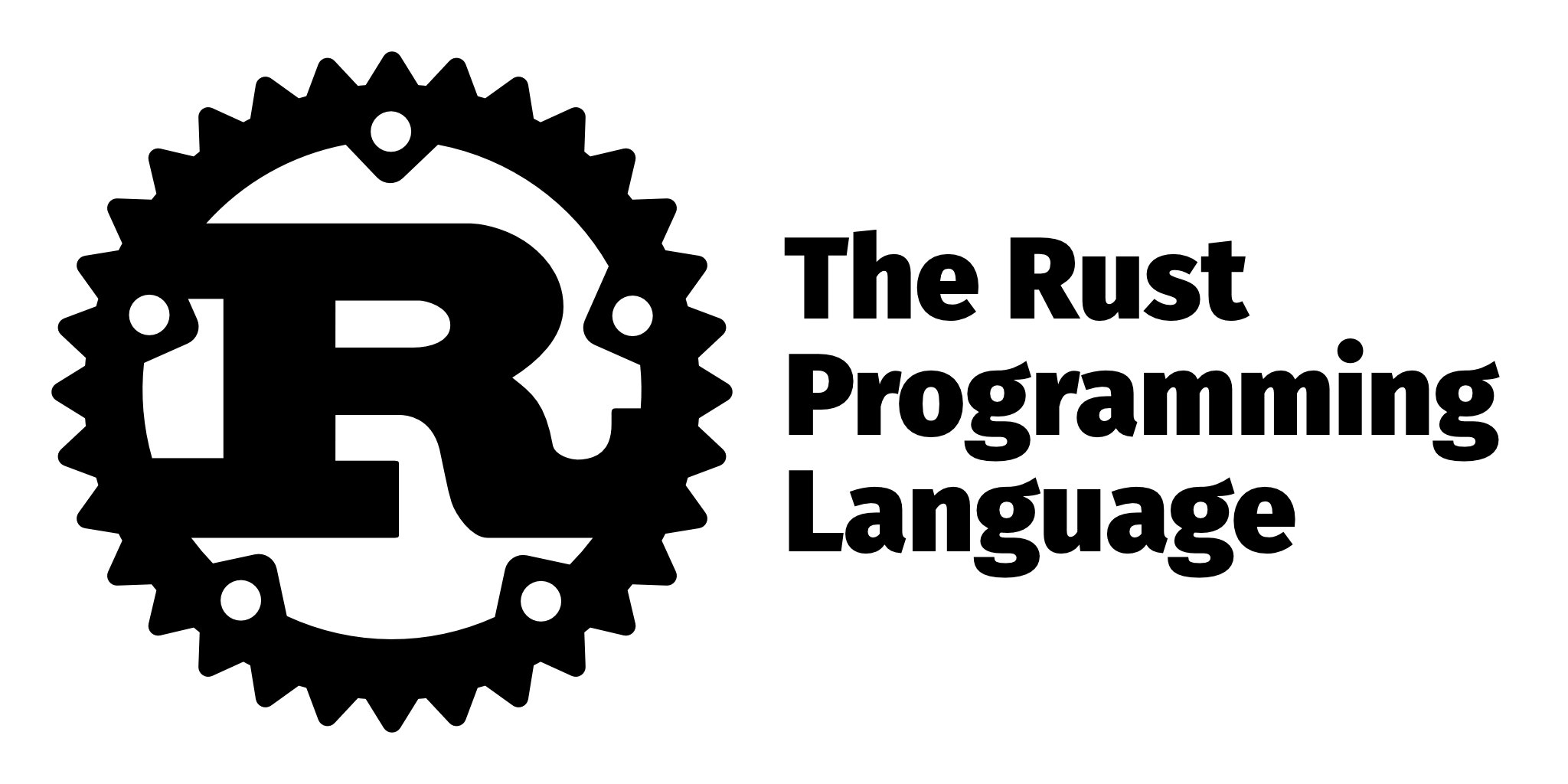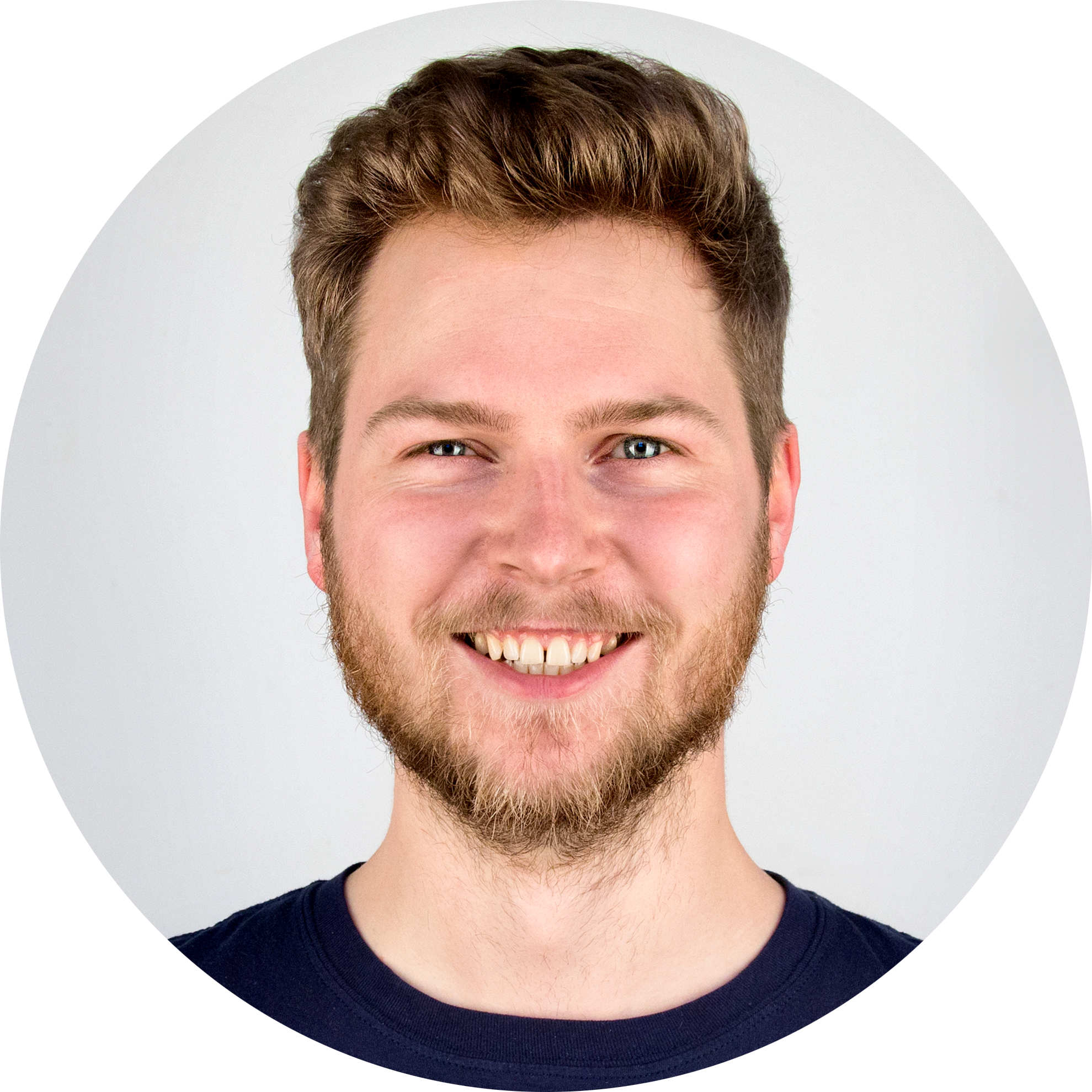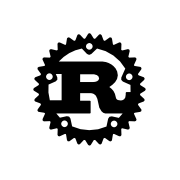Leaving the Rust Foundation
After three incredible years, today is my last day at the Rust Foundation. This post reflects on my time leading the Infrastructure Team of the Rust Project – the projects, the lessons learned, and what comes next.

Infrastructure Engineer
I joined the Rust Foundation as their first engineer in September 2022. The volunteer-based and notoriously overworked Infrastructure Team of the Rust Project had asked the Rust Foundation for support, and together they decided that the best course of action was to hire a full-time staff member to join the team.
Rust was already growing quickly when I arrived, with bandwidth usage doubling every year. My first task was to migrate most of that bandwidth from AWS CloudFront to Fastly, who had just become an infrastructure sponsor of Rust. This almost worked out perfectly with the exception of one small, 30 minute outage of crates.io. Oops! 🙈

Beyond the migration work, I focused on making our processes more transparent and sustainable. One of the biggest improvements was establishing comprehensive documentation of our services in our team repository. This created visibility into what had previously been tribal knowledge and made onboarding much easier as the team grew.
Growing Into Leadership
After my first year in the team, Pietro Albini stepped down as the lead of the Infrastructure Team and I took over for him, together with Jake Goulding. A year later, the Rust Foundation formally promoted me to Infrastructure Lead as recognition of my changed role and responsibilities.

Shortly after taking on the leadership role, I presented at RustConf 2023 in Albuquerque to talk about the project's infrastructure. Most people are probably not aware of all the work that the Infrastructure Team does and the infrastructure that we manage, so this was a great opportunity to highlight the amazing work the volunteers in the team had done for years.
In 2024, I spoke at RustNation UK about the shift I was observing. Rust's adoption kept growing and the language was suddenly used in all major operating systems. Rust was no longer a "research project" – it had quietly become part of the critical infrastructure of the internet. I think we as a project and community are still trying to learn what that means in practice, and how to respond to the changes in our culture that this shift requires.
During my second year, more and more of my time was spent on project management and less on actual development. Grant applications required roadmaps and detailed project plans. With the team lead role, I started thinking strategically about the future of the team and what resources we would need to achieve our goals. Looking back on my career path – from individual contributor a few years ago through DevOps and tech leadership roles – this felt like a natural progression toward company leadership.
The Technical Work Continues
With me having less time for daily development and a clear need in the team for more hands on deck, the Rust Foundation hired its second Infrastructure Engineer Marco Ieni. He is a great developer and person! It was a pleasure working together for 15 months, and I have absolutely no concerns handing over my work and responsibilities in the Foundation to him. 🫶
Those 15 months together were dominated by a single topic: the cost of our Continuous Integration on GitHub Actions. While my contribution was limited to stakeholder management, war gaming budgets, and making contingency plans, Marco worked tirelessly to optimize our use of GitHub Actions by moving as many workloads as possible from large runners to the free standard runners, ultimately reducing their usage by 75%. Go watch his talk from RustConf 2025 once it's on YouTube on the topic–it was amazing work!
Besides CI cost optimization, much of my time in my third and final year at the Rust Foundation was spent thinking about long-term strategies for our infrastructure, the team, and the sustainability of both. We applied for different grants that required multi-year project plans, talked extensively about funding, and explored how to attract and retain contributors to increase the size of the Infrastructure Team. At RustConf 2025, I had a chance to discuss these challenges publicly when I sat down with Xander Cesari to talk about how the rise of AI and increasing supply chain security threats are changing our priorities, and the role that the Rust Foundation plays in supporting both the Rust Project and the broader ecosystem.
Rust's Paradigm Shift and What It Means
It truly feels to me that Rust is at an inflection point in its history. When I started working on Rust three years ago, it still felt like a young, ambitious open source project fighting for its place among the established ecosystems. Things were a bit chaotic, things moved fast, things broke at times. But that was okay...
Today, Rust is everywhere. It is used to build every major operating system. It runs in cars, rockets, and airplanes. It is not just used by early adopters, but by enterprises and the Fortune 500.
This means change. Nowhere is that more obvious than when it comes to supply chain security. For my first two years at the Foundation, me accidentally deleting a DNS record and causing a global outage was the biggest risk to Rust's credibility. Now, it's nation state actors playing the long game to infiltrate open source projects and penetrate supply chains.
My personal opinion is that this means that the Rust Project must evolve as well. The processes that got us here won't get us through the next decade(s). We need to work more professionally, even though that will be less fun. In the Infrastructure Team that might mean more peer reviews, even stricter access controls, and proper change management. No more deploys straight to production. For the Rust Project, clearly defined responsibilities and accountability. Leadership from the top down to set strategic priorities and long-term goals.
This transformation requires people with a long-term commitment to drive cultural change over many years. As I reflected on this need and my own career aspirations, I realized I had to make a choice between staying to lead this change and pursuing something I'd dreamed about for years.
A Once-in-a-Lifetime Opportunity
Even before I started working for the Rust Foundation, I had been tinkering with my best friend on ideas about software development in general and with Rust specifically. Over the past three years and infrequent weekend hackathons, we continued our experimentation and developed a strong vision for how we'd like to develop software. And we started talking about starting a company together...
For a while, this was just a fun thought experiment. But as we both found ourselves at natural transition points in our careers, we realized we had a unique window where our technical interests, expertise, and life circumstances had perfectly aligned. It's the kind of opportunity you can't plan for – and when it happens, you have to take it.
The next six months will be focused on rapid prototyping and fundraising as we build what we're calling an opinionated Rust framework for applications. I've always been passionate about creating better developer experiences – it's what led me into DevOps roles and ultimately to the Rust Foundation. Now we want to create a framework that delivers excellent developer experience by making opinionated choices about how to best use Rust. We believe there's an opportunity to create a framework that doesn't just make Rust development faster, but fundamentally more enjoyable and productive. It's early days, but we're excited about the vision we're developing and the chance to bring it to life in an era where AI is reshaping what's possible in developer tooling.
As difficult as the decision to leave was, I would've always regretted not taking this plunge into the unknown and giving our project a proper try.
Thanks
It has been an amazing experience working for the Rust Foundation and with the people there. They are the kindest people and have been nothing but supportive of me and my work in the Rust Project. Whatever I needed or asked for, they worked hard to make it happen. Be that a new colleague, infrastructure credits, or just emotional support. I will miss them dearly and hope that we get to work together in the future. ❤️
I also want to thank the Infrastructure Team for welcoming me with open arms when I joined and being a great team to work in as a full-timer. I had the room to do my work, got feedback when I asked for it, and was trusted from day 1 to have the team's best interests at heart. While I will handover the team lead to someone else in the coming months, I want to stick around as a volunteer to keep contributing to the project's infrastructure.
And, finally, I want to thank the countless maintainers of Rust and members of the community that I got to meet in my role as the Rust Foundation's Infrastructure Engineer. Thanks for many inspiring conversations!
I will take some time off now to have a much-needed break, but hope to see you all in person again at the usual conferences next year! 🦀


